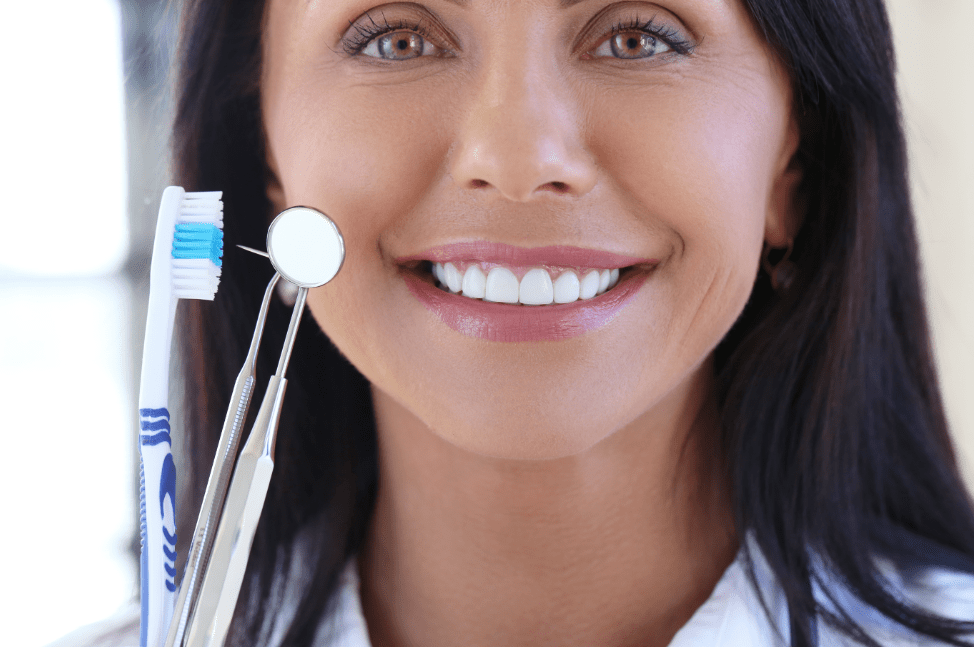
We take our mouth for granted. It's easy to forget that our teeth and gums need attention, even when we're not having issues. Many of us feel that our job is done once we've brushed and flossed. However, nothing could be further from the truth. Oral care should always include routine dental exams. These exams can catch issues before they surface as well as reconfirm that our oral health is in tip-top condition. Routine dental exams can unearth unrelated health issues as well as oral health issues. These exams should be an essential part of your health plan.
What Does a Routine Dental Exam Entail?
During a routine dental exam, the dentist cleans your teeth, examines your gums for gum disease, and checks for cavities. A routine exam also often includes a dental x-ray to check for cavities and other issues with your teeth. The cleaning process includes scaling the teeth and polishing the teeth to remove stains. When a dentist scales your teeth, he or she uses a hooked tool called a scaler to chip away at plaque and tartar. The dentist will concentrate on the plaque near the gum line and in between the teeth as well as any other areas that appear to need it. If the build-up is heavy enough, an ultrasonic scaler may be used instead of a manual one. This process removes plaque and tartar. The cleaning is usually followed by a fluoride treatment.
How Frequently Should You Have a Dental Exam
The recommended frequency for a dental exam is twice a year. However, depending on your unique situation, your dentist may need to see you more frequently. During each visit, you should have a routine cleaning and check-up. Although brushing is a great way to maintain your oral health and reduce plaque, a routine exam goes further and will remove plaque that can't be removed from brushing and flossing. These exams usually last thirty minutes to an hour.
Other Areas of Focus
Aside from the cleaning and the examination of your teeth, mouth, and gums, your dentist may also ask questions about your diet and general health practices. They will also inquire about any discomfort or issues that you may be having with your teeth. Your dental hygiene, as well as your smoking habits, and alcohol consumption may be discussed if you have those issues. If the dental exam determines that you need to go to an orthodontist for further care, they may be able to recommend a good orthodontist such as the Lakewood Orthodontic Office.
If You Neglect Your Oral Health
If you neglect your oral health by rarely having routine dental examinations, you run the risk of developing gum disease as well as issues with your teeth. Believe it or not, you can develop illnesses in other parts of your body that are seemingly unrelated to your oral health. Heart disease, breast cancer, strokes, and heart disease or a few examples. Your oral health requires routine care.
You may also like
9 Proven Ways Meditating Prepares You for Success
4 Natural Pain Relief Options to Try Out
4 Mental Health Benefits of a Camping Trip
3 Ways to Improve Your Mental Well-Being
